When the landscape of a city changes over time, when there is more demanded of it every day than it can provide, we risk reducing our natural environment to a mere reserve. How much of a thought can we spare it then? What happens to something that no longer holds our attention? We stop noticing its disappearance.
Water is one resource we depend on every single day. Yet what do we know about our water systems?
In 2022, Bengaluru suffered severe flooding in some parts while the water supply was cut off in others. Could much of this catastrophe have been avoided by state action, or through stricter policies, or better urban planning? Or through individual actions? To begin approaching any of these questions is to begin seeing the interconnections between communities, policies, behaviours and education.
Historically, Bengaluru depended upon surface water sources like tanks, reservoirs and wells to meet its water needs. According to the Mysore State Gazetteer of 1876, Bengaluru had 1,988 government tanks, close to 17,000 wells and 354 canals. Today, the number of tanks stands at about 55. When these groundwater sources have played such an important role in supplying water to the city, why is the city opting for solutions with a far higher cost and footprint now?
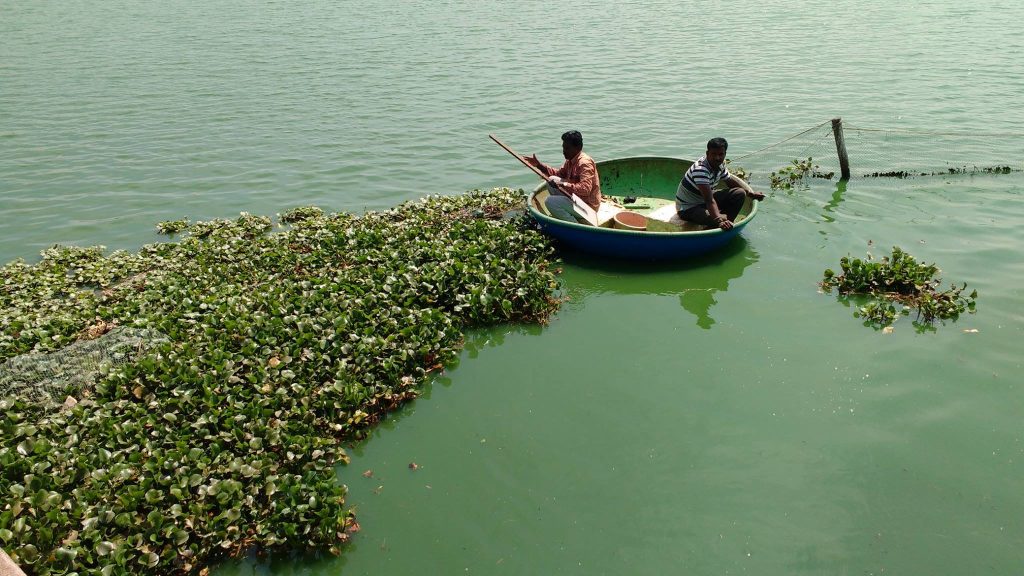
Fishermen at Jakkur lake
To delve deeper into these questions, I speak to a few members of Biome Environmental Trust, one of Rainmatter Foundation’s partner organisations. A charitable trust formed in 2009 and based in Bengaluru, Biome has been working at the intersection of policy and research, public engagement, education, community action, and securing livelihoods to understand land use, water systems and energy consumption.
One of their longer-running and most impactful projects is the Million Wells for Bengaluru Campaign, which won the Transformative Cities People’s Choice Award in 2022. Under this initiative, recharge wells are being dug and open wells revived to improve the groundwater table across the city and to create a more sustainable source of water. At the same time, it is safeguarding a remarkable skill passed down through generations. It is securing the livelihoods of traditional well-diggers, who come from economically disadvantaged communities.
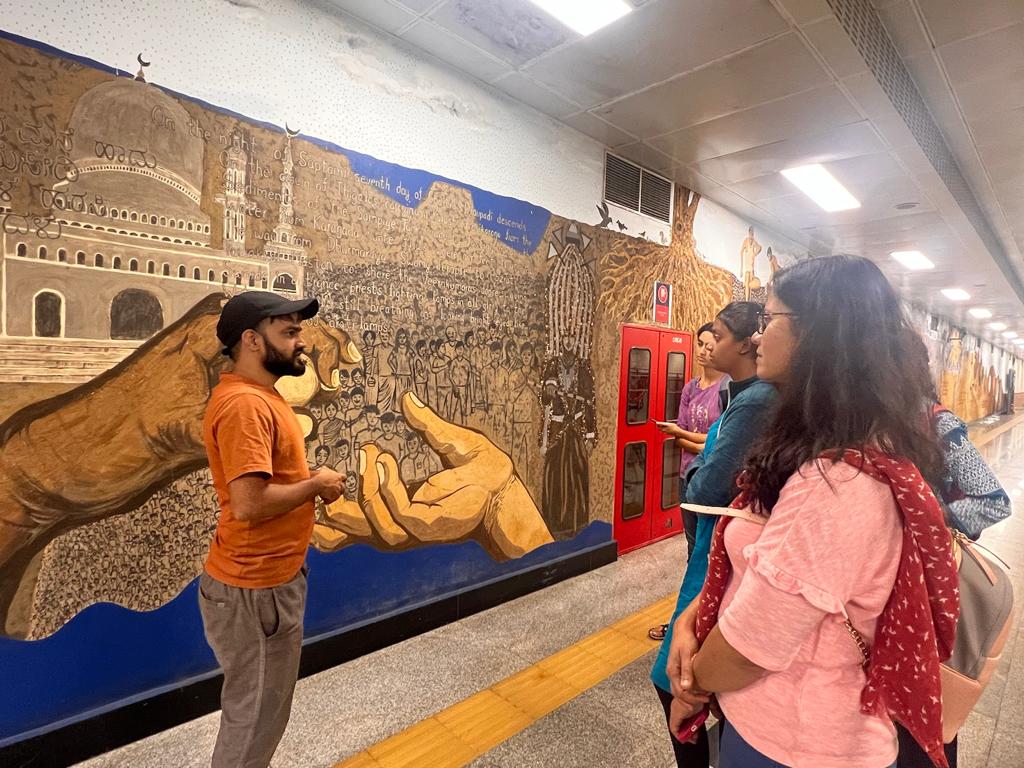
Cubbon Park metro station mural about Bengaluru’s water and well-diggers
Apart from the Million Wells Campaign, Biome has impacted the water and commons landscape of Bangalore in other ways too. Their collaborations with research institutes in the sphere of sanitation and health, their work on water literacy with educational institutes as well as corporates, their expertise in helping communities adopt better water management methods, their insights to policymakers, are just a few highlights of their work. Their work in the areas of rainwater harvesting and water literacy in government and private schools within and around Bengaluru has been particularly impactful. One of the major outcomes of their efforts has been their recent association with the Central government’s Atal Mission for Rejuvenation and Urban Transformation (AMRUT) scheme. Biome is a technical partner in running a pilot project for tapping shallow groundwater as a water source in 10 cities including Patiala, Agra, Tumkur, Kochi and Surat. This initiative will eventually be implemented in more than 500 cities across the country. Biome is bringing water back to the surface, literally and figuratively.
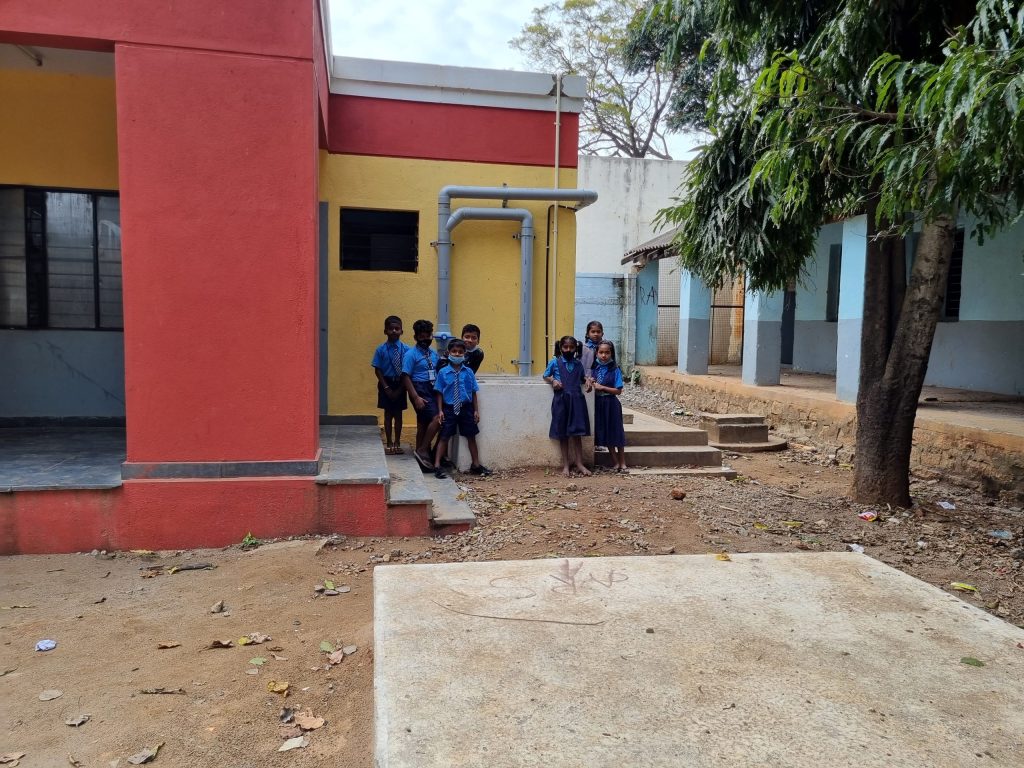
Rainwater harvesting at Bidiruikippe school, Anekal
A lot of these outcomes and learnings from interactions with different stakeholders are disseminated in much simpler language to make them accessible to all. Biome’s efforts closely align with the Rainmatter Foundation’s principles, in that we see the interconnectedness of our systems, the importance of investing in a landscape over a long period of time, and the willingness to ask important questions in time to be able to build more resilient cities, more aware communities, and more robust systems. The Rainmatter Foundation is aiding Biome’s work by providing them with the resources to communicate about their work and amplify their outreach efforts.
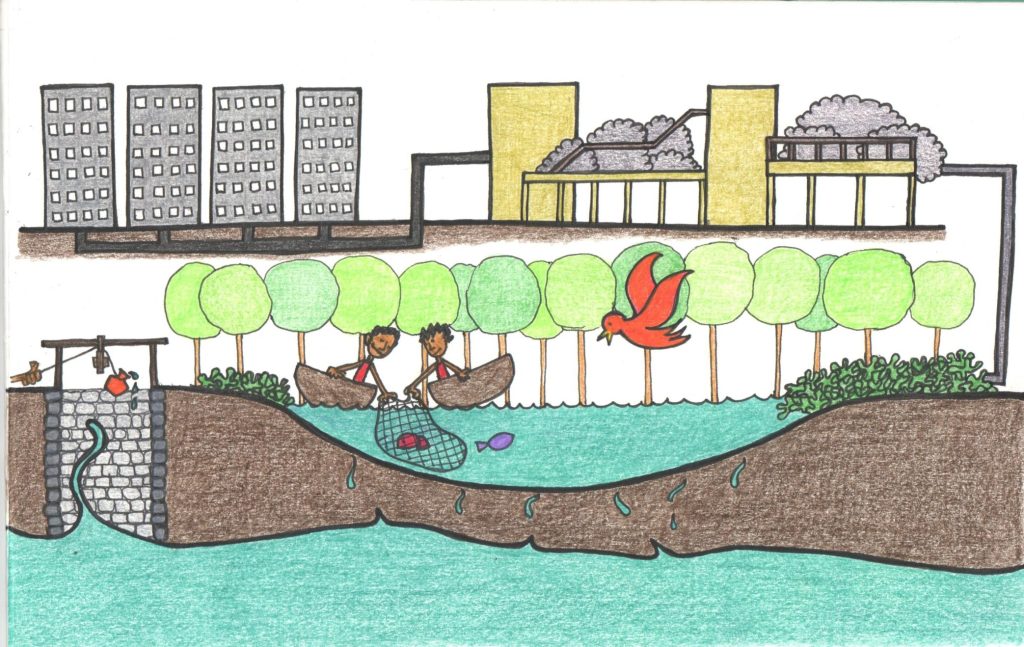
My chat with the Biome team which covers everything from the history of Biome to the future of an urban Indian city goes on way longer than anticipated. Signing off, Shubha, one of Biome’s first three members, muses, “I imagine a future where children can swim in lakes without a worry, where water is respected, and people care for these resources as their own.” For all the years she has put into this, I hope Shubha gets to see this materialise. Because what are we without hope for a world as it looks like in the best of our dreams?
To know more about Biome, and to access their varied resources, visit them at www.biometrust.org/ and http://bengaluru.urbanwaters.in/

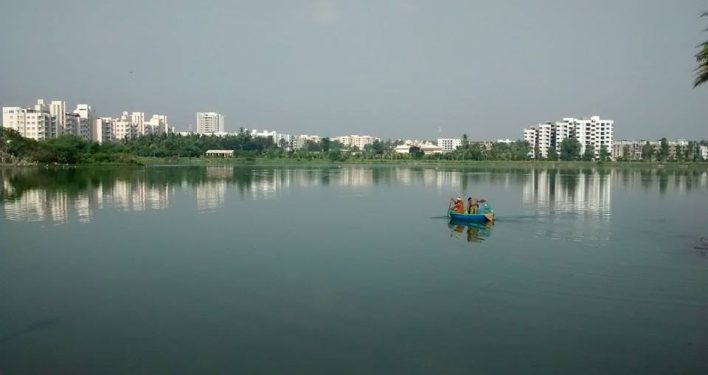
So well articulated. Of all our natural resources, we tend to take Water for granted, the most. Seeing how fast our urban centres are growing, these initiatives seem like the need of the hour. More power to Shubha and Biome!